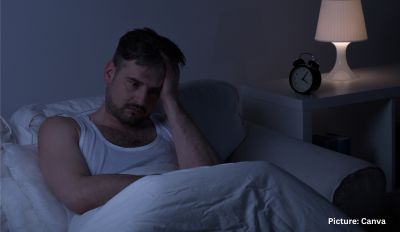One in every three adults, particularly women, younger adults and those of lower socioeconomic status, are experiencing psychological distress related to Covid-19, a new study suggests.
The study, published in the journal PLOS ONE, indicates that women are more likely to experience psychological distress than men is consistent with other global studies that have shown that anxiety and depression are more common in women.
“The lower social status of women and less preferential access to healthcare compared to men could potentially be responsible for the exaggerated adverse psychosocial impact on women,” according to the researchers, including Tazeen Jafar from the Duke-NUS in Singapore.
For the study, the team performed a meta-analysis of 68 studies conducted during the pandemic, encompassing 2,88,830 participants from 19 countries, to assess risk factors associated with anxiety and depression among the general population.
They found that, among the people most affected by Covid-19-related anxiety or depression, women, younger adults, individuals of lower socioeconomic status, those living in rural areas and those at high risk of Covid-19 infection were more likely to experience psychological distress.
Younger adults, aged 35 and under, were more likely to experience psychological distress than those over the age of 35.
Although the reasons for this are unclear, previous studies have suggested that it might be due to younger people’s greater access to Covid-19 information through the media.
This current study also confirmed that longer media exposure was associated with higher odds of anxiety and depression, the researchers said.
Other factors associated with psychological distress included living in rural areas; lower education, lower income or unemployment; and being at high risk of Covid-19 infection. However, having stronger family and social support and using positive coping strategies were shown to reduce the risk of psychological distress.
“Understanding these factors is crucial for designing preventive programmes and mental health resource planning during the rapidly evolving Covid-19 outbreak,” Jafar said.
(Picture: USC News)











